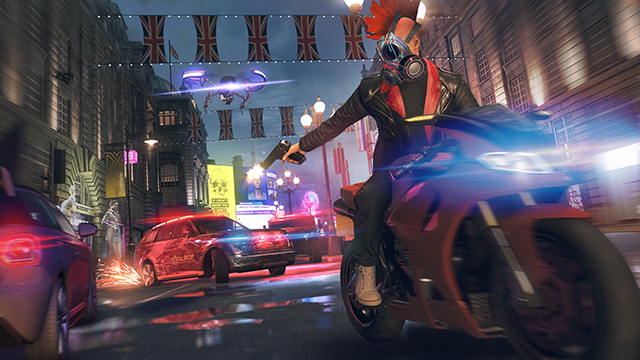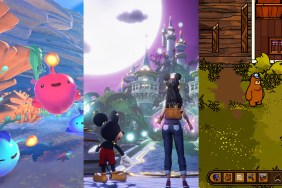The Watch Dogs Legion NPC system is quite ambitious. Playing as any one character almost seems like a pipe dream, which makes it a little hard to wrap your head around. Luckily, we sat down with Joel Burgess, the world director on the game, in order to get an understanding on the Watch Dogs Legion NPC system, how it ticks, and…

Atlas is an action-rpg with rogue-like elements where you use your ability to control the ground to fight the enemies and move through procedurally generated worlds.










